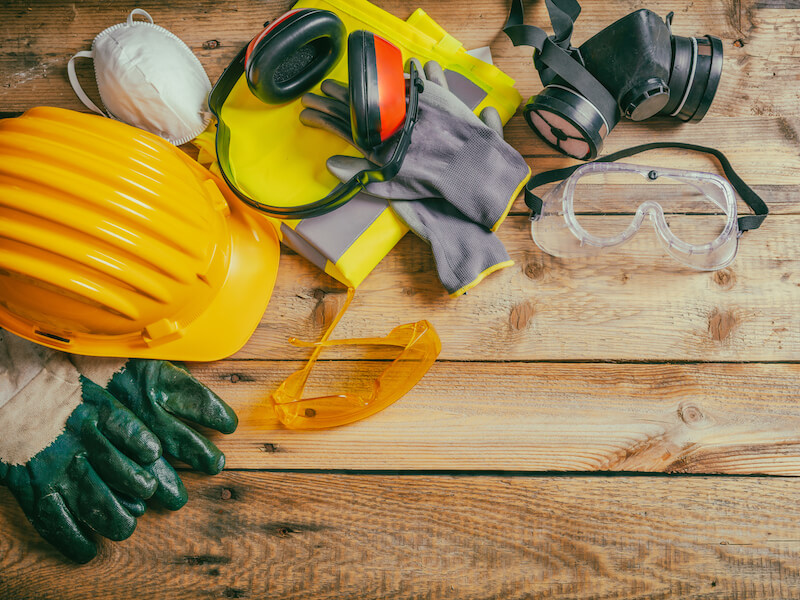
Approximately two million workplace injuries are documented every year. Normally, we think of a hand caught in a piece of machinery or a flying projectile when we consider work-related injuries.
But the most common workplace injury is far more pernicious and commonly goes unreported. It sneaks up on people very slowly over several years. The injury goes unnoticed until the effects become impossible to dismiss. Excuses are a typical reaction. “It’s only temporary” or “I’m just getting older. This response is common.
Many individuals don’t even realize it was related to their workplace environment.
Damaged hearing is this insidious injury. There are some significant steps you should take if you detect any of the numerous warning signs.
How loud is too loud?
Sustained exposure to sounds louder than 85 decibels (dB) can trigger long-term damage to your hearing. Seventy-five dB, for instance, is the average volume of a vacuum. A lawnmower delivers 85 dB. A leaf blower or chainsaw produces more than 100 dB. A gunshot is about 140 dB.
Are you at risk when in your work environment? Are you being exposed to the most common workplace injury? If you’re frequently exposed to something as loud as a lawnmower, even if it’s not constant, your hearing is likely to become damaged over time.
Hearing damage signs
You’re definitely harming your hearing if you work in a noisy environment without hearing protection.
Your experiencing hearing loss if you notice any of the following symptoms:
- Loud noises cause pain in your ears.
- Your family and friends tell you your television, radio, or computer tablet volume is too high.
- You think people speaking to you are constantly mumbling.
- When people speak, you tend withdraw.
- Conversations sound muffled.
- You’re hearing sounds in your ears like ringing, whistling, or hissing.
- You regularly ask people to repeat themselves when they talk.
- You confuse consonants – “Todd” sounds like “Dodd,” for example.
- You can’t understand the person speaking if there’s background noise.
How is hearing damage being tackled by employers?
Businesses and organizations are using the latest technology to lessen workplace noise in excessively loud environments. Workplace noise will be reduced as new guidelines are being put in place by governments to safeguard workers.
Employees are coming forward as they become mindful of the long-term damage that workplace noise is causing. Further change will come as their voices are heard.
Preventing further damage
Safeguarding your ears before they are damaged is the smartest plan if you work in a loud environment. Wearing protective earmuffs or earplugs on the job will help decrease potential damage.
If you think your hearing has been injured by a noisy workplace, schedule a hearing test as soon as you can. When you ascertain the level of your hearing loss, you will learn how to counter further damage going forward. We address any hearing damage you’re already experiencing and develop strategies to help you counter any additional damage.